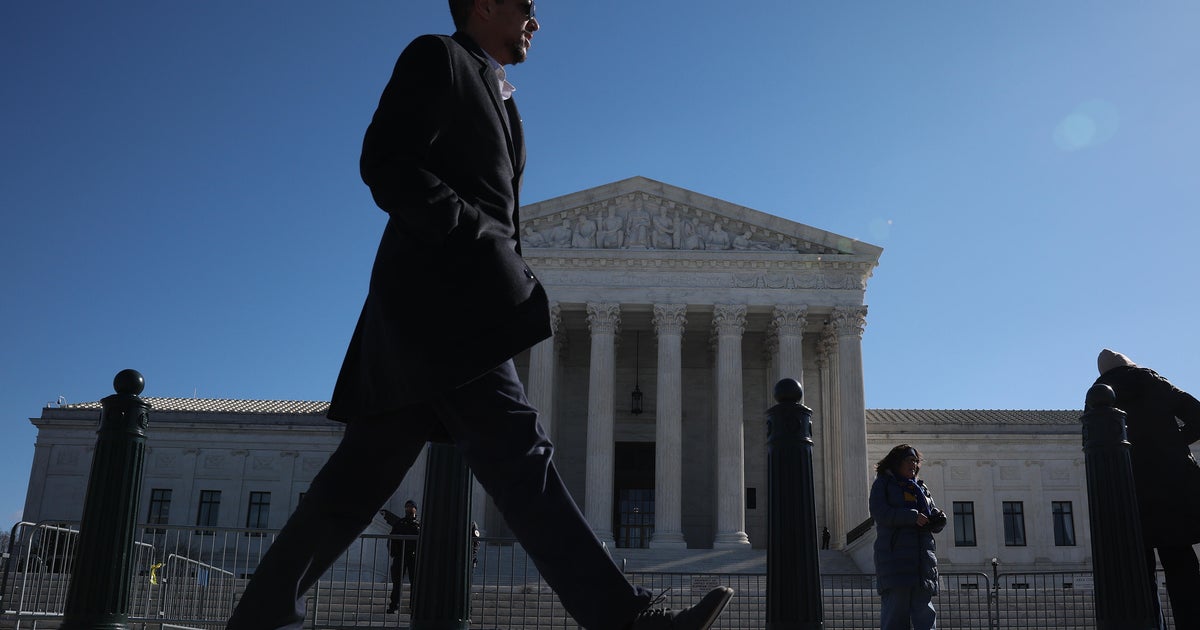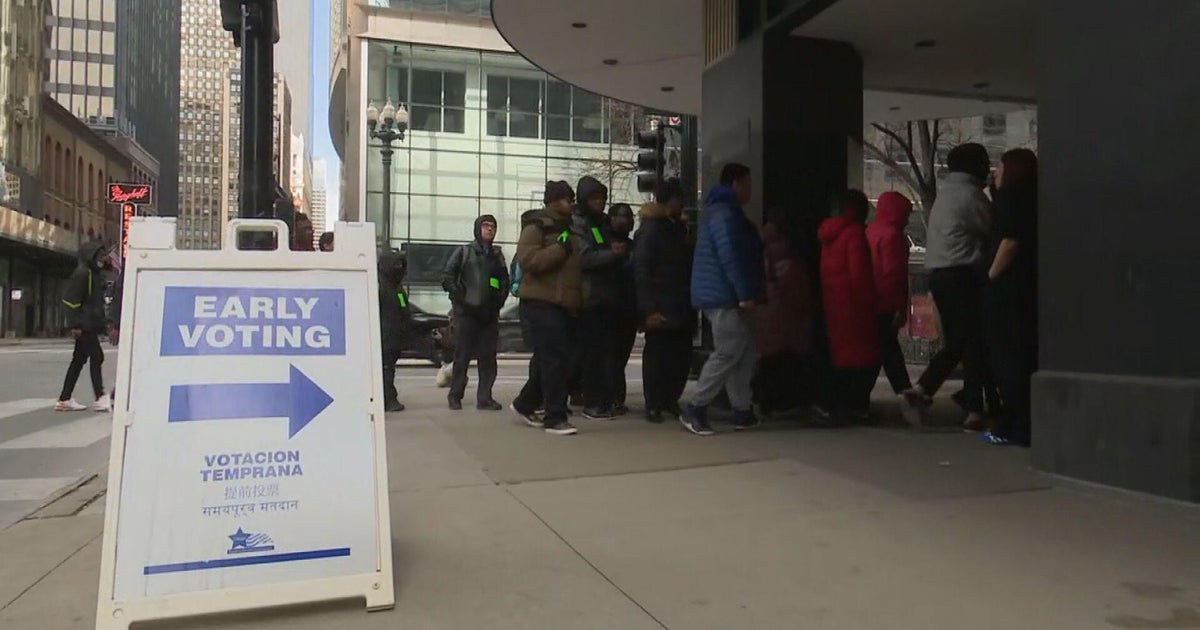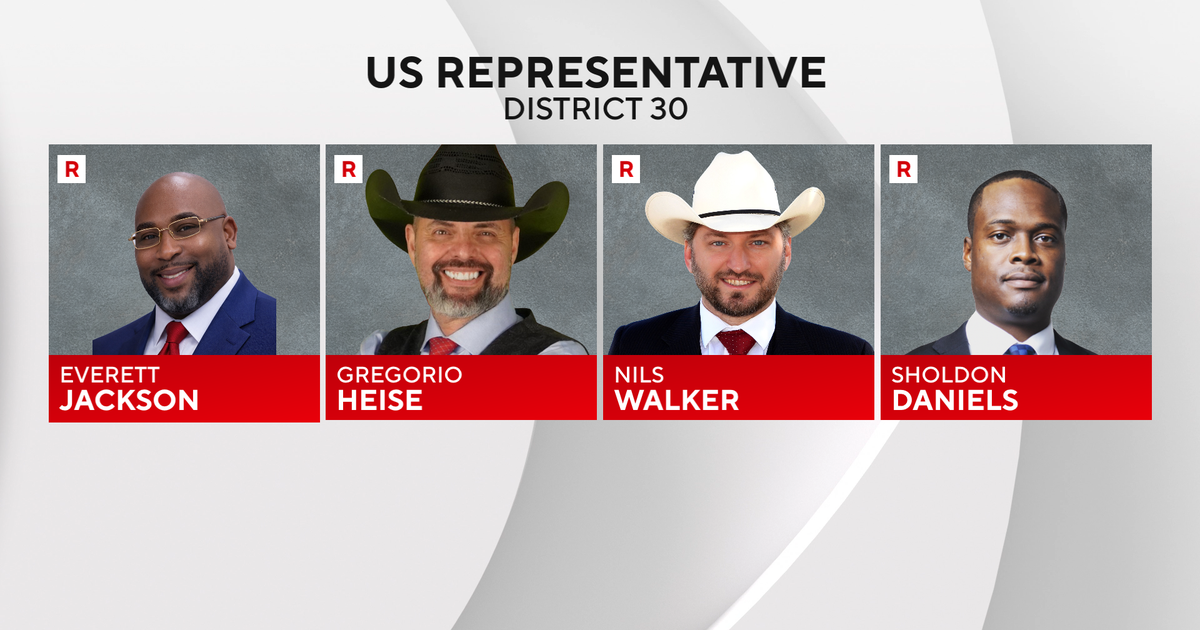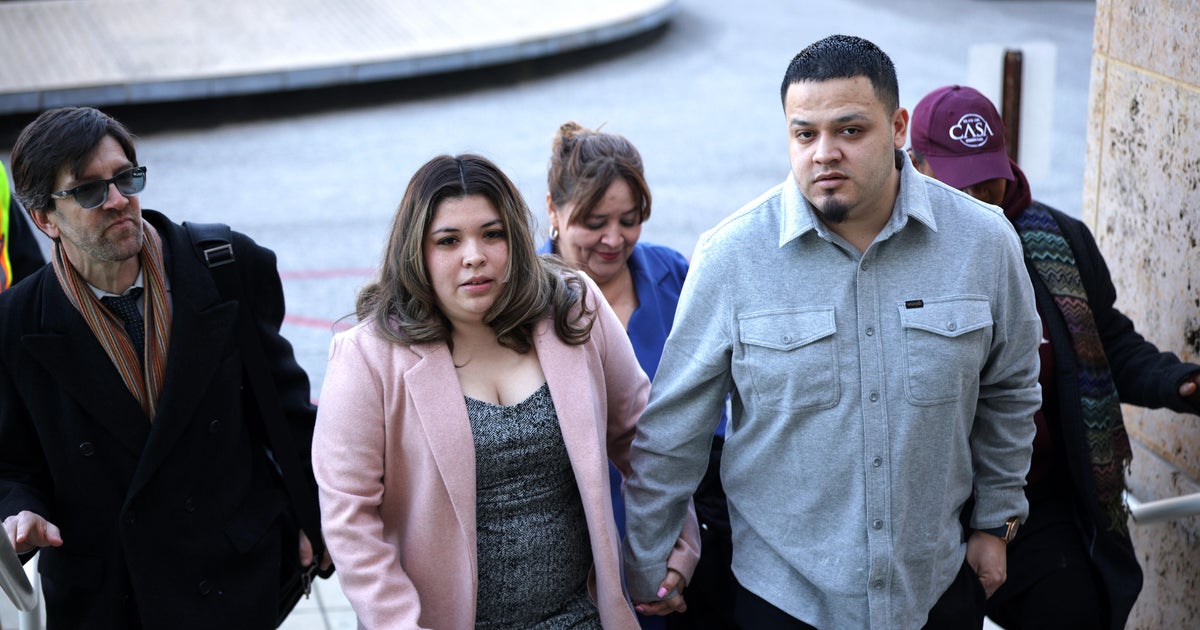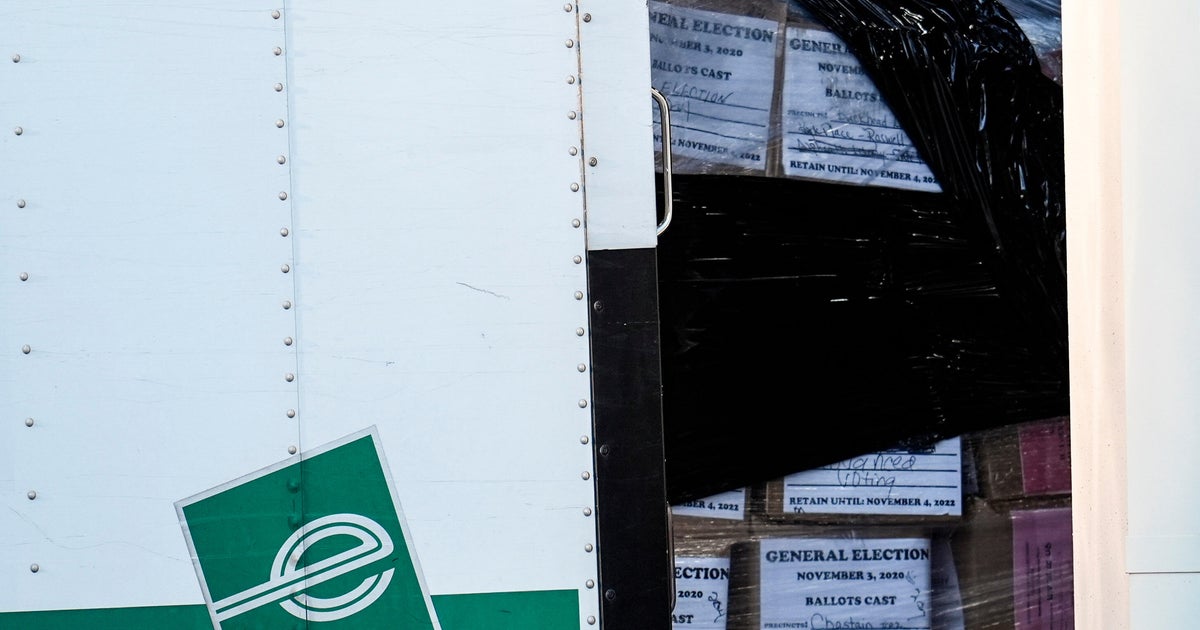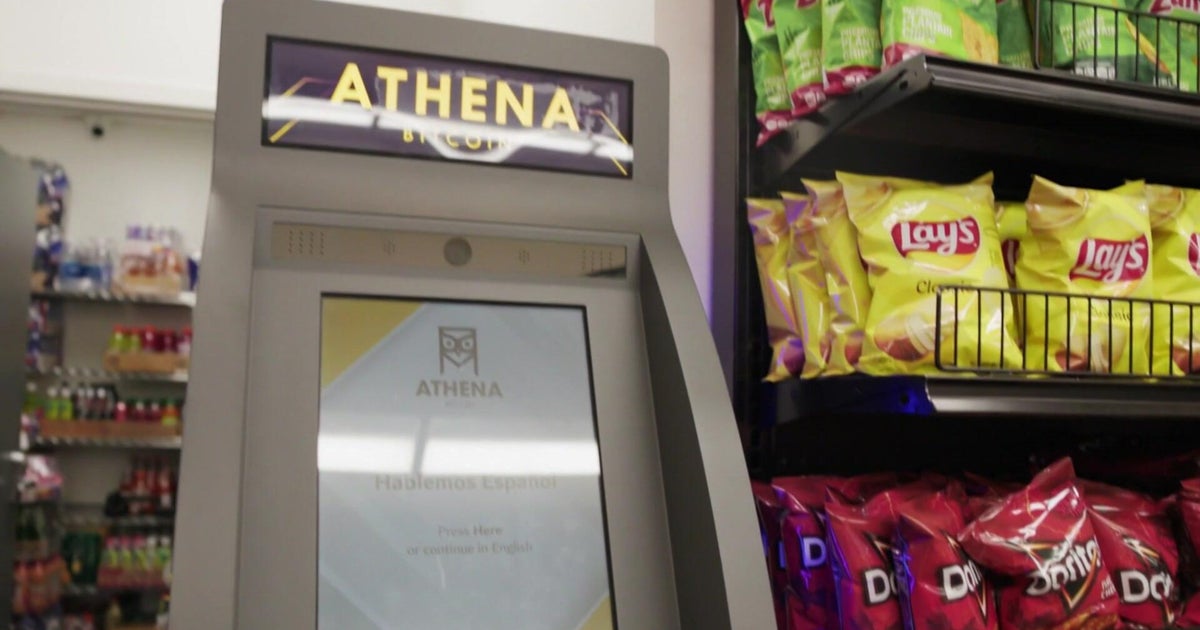Wisconsin top court's liberal justices show signs of wanting to overturn ballot drop box ban
Liberal justices who control the Wisconsin Supreme Court showed signs Monday of being willing to overturn a ruling that all but eliminated the use of absentee ballot drop boxes in the swing state.
At issue is whether the court should overturn its July 2022 ruling that said nothing in state law allowed for absentee drop boxes to be placed anywhere other than in election clerk offices. Conservative justices controlled the court then, but the court flipped to 4-3 liberal control last year, setting the stage to possibly overturn the ruling.
"What if we just got it wrong?" liberal Justice Jill Karofsky said of the earlier absentee ballot ruling during arguments. "What if we made a mistake? Are we now supposed to just perpetuate that mistake into the future?"
The court heard arguments three months before the Aug. 13 primary and six months ahead of the November presidential election. A reversal could have implications on what is expected to be another razor-thin presidential race in Wisconsin.
Attorneys representing Republican backers of the earlier ruling argued Monday that there have been no changes in the facts or the law to warrant overturning the ruling that's less than two years old.
If the court overturns the ruling, it will be revisiting again the next time majority control of the court flips, said Misha Tseytlin, attorney for the Republican-controlled Legislature.
But Karofsky asked what the court was to do if it believed the earlier decision was "egregiously wrong from the start, that its reasoning was exceptionally weak and that the decision has had damaging consequences."
"I see this as check, check, check here, so what are we to do?" she asked Tseytlin.
To bolster her argument, Karofksy read from the conservative-controlled U.S. Supreme Court's ruling in 2022 explaining why it was justified in overturning the 1973 ruling Roe. v. Wade decision that had legalized abortion.
Tseytlin said there was no evidence of negative consequences since the 2022 ruling.
Democrats argue the Wisconsin Supreme Court misinterpreted the law in its 2022 ruling and wrongly concluded that absentee ballots can only be returned to a clerk in their office and not to a drop box they control that is located elsewhere.
The current law is unworkable because it's not explicitly clear where ballots can be returned, said David Fox, attorney for the groups that brought the challenge.
But conservative justices questioned the need to revisit their earlier ruling that determined the law does not allow for drop boxes.
"You are asking this court to be a super Legislature" and give "free rein to municipal clerks to conduct elections however they see fit," conservative Justice Rebecca Bradley said.
The case was brought by Priorities USA, a liberal voter mobilization group, and the Wisconsin Alliance for Retired Voters. Democratic Gov. Tony Evers and the Wisconsin Elections Commission, which administers elections, support allowing drop boxes.
Election officials from four counties, including the two largest and most heavily Democratic in the state, filed a brief in support of overturning the ruling. They argue absentee ballot drop boxes have been used for decades without incident as a secure way for voters to return their ballots.
More than 1,600 absentee ballots arrived at clerks' offices after Election Day in 2022, when drop boxes were not in use, and therefore were not counted, Democratic attorneys noted in their arguments. But in 2020, when drop boxes were in use and nearly three times as many people voted absentee, only 689 ballots arrived after the election.
Drop boxes were used in 39 other states during the 2022 election, according to the Stanford-MIT Healthy Elections Project.
The popularity of absentee voting exploded during the pandemic in 2020, with more than 40% of all voters in Wisconsin casting mail ballots, a record high. More than 500 drop boxes were set up in more than 430 communities for the election that year, including more than a dozen each in Madison and Milwaukee, the state's two most heavily Democratic cities.
President Joe Biden defeated Donald Trump in Wisconsin by just under 21,000 votes in 2020, four years after Trump narrowly took the state by a similar margin.
Since his defeat, Trump had claimed without evidence that drop boxes led to voter fraud. Democrats, election officials and some Republicans argued the boxes are secure.
